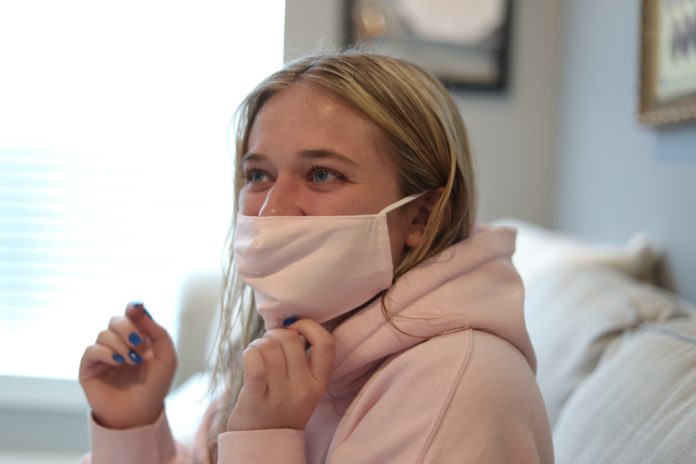
By Anne Walker | Staff Writer
Following Governor Abbott’s decision to rescind the state-wide mask mandate, many Texas universities, including Baylor, decided to maintain their COVID-19 protocols.
After consulting with the Health Management Team, Baylor announced on March 4 the university would uphold its COVID-19 safety policies, including requiring face masks on campus.
Baylor’s response to the Governor’s order mirrors the decisions of other private Texas universities, including SMU, TCU and Rice.
In a university-wide announcement, TCU Vice Chancellor for Student Affairs Kathy Cavins-Tull announced TCU would continue with its COVID-19 protocols.
“TCU is maintaining its established COVID-19 safety protocols including wearing face coverings; these precautions have kept case count and transmission low on campus and we intend to continue protecting the health of our campus community,” Cavins-Tull wrote.
Last Friday, Texas A&M, Texas Tech University, the University of Houston and the University of Texas at Austin also chose to carry on with their COVID-19 protocols after the Governor’s announcement.
Dr. Emily Smith, assistant professor in the Robbins College of Health and Human Science, commented on Baylor’s choice to preserve COVID-19 safety protocols on campus despite the state-wide Covid-19 mandates ending.
“I’m so proud to be a part of the Baylor community and was not surprised at the statement Baylor put out regarding masks,” Smith said. “It’s the right thing to do and definitely the Christian thing to do to love our neighbors until equity is achieved for vaccines.”
Smith questioned the Governor’s decision to end the mask mandate on her blog and Facebook page, Friendly Neighborhood Epidemiologist, where she shares her expert perspective on the pandemic. She suggested that Texas is abandoning COVID-19 safety precautions prematurely.
“Vaccines are coming and I wish the Governor would have waited until more vaccines were available for the most vulnerable communities,” Smith wrote. “COVID does not only affect those above 65 and disproportionally affects underserved communities and persons with underlying health conditions, regardless of age. Also, long-haulers are experiencing significant long-term effects from being sick from the virus.”
Houston junior Emily Sartor said she was relieved when Baylor announced it would be maintaining COVID-19 policies on campus.
“I would like for them to continue all COVID protocols of masking, distancing and testing until our student population has access to the vaccine,” Sartor said. “We need a high portion of the population vaccinated before I would be comfortable returning to a packed classroom with no mask. When that happens, I would love to still see some sort of online offerings for those students who are cautious.”
Texas State University sophomore Elle Cross was concerned when the student body president released a memorandum calling for an end to all COVID-19 capacity restrictions and mask requirements at her school.
“Students were really concerned and confused about what was gonna happen,” Cross said. “… I saw multiple petitions that people were passing around to keep masks on campus, just because a lot of people would feel really uncomfortable being in a classroom if masks were not enforced.”
After the student body president faced intense backlash for his memorandum, the Texas State University president declared that all COVID-19 precautions would remain in place.
Cross said she supports the university’s response to Abbott’s executive order but fears it won’t do enough to maintain students’ safety off campus.
“When someone is a bagger at H-E-B, they’re going to constantly be exposed to people who are not wearing masks, and it’s putting these people in very vulnerable situations in college,” Cross said. “Students are more likely to be in these situations, where they’re going to be exposed to people who refuse to wear masks.”





